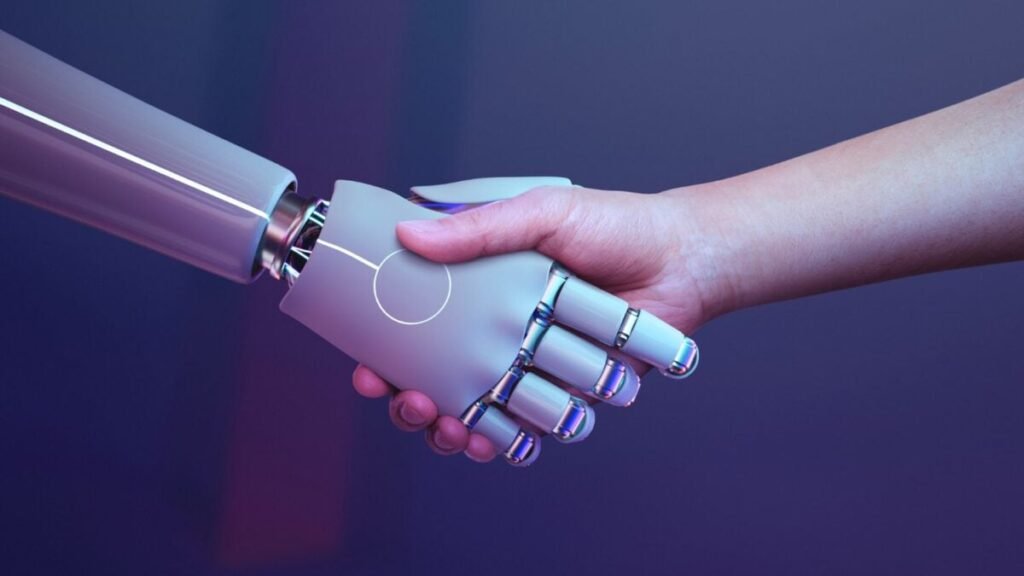Does Artificial Intelligence Console or Isolate Us? The Silent Revolution in Our Emotions

The modern loneliness is a constant, and in that void seeps a technological promise: artificial intelligences willing to accompany us, listen to us, and even comfort us. But while AI simulates understanding, concerns grow about the psychological and social effects of replacing human contact with artificial bonds. Are we solving a problem… or seeding a larger one?
The modern loneliness: refuge or alarm?
In countries like Japan or the United Kingdom, loneliness is already recognized as a public health issue. States like the USA warn that its consequences can be equated to smoking 15 cigarettes a day. In this scenario, artificial intelligences emerge as a possible solution: they listen without judgment, are always available, and offer responses that, in clinical trials, even outperform some doctors in terms of empathy.
Programs like Therabot and conversational assistants like ChatGPT or Claude are being used as emotional support. Users claim to feel understood, accompanied, and even “cared for.” However, this apparent panacea has a worrying downside.
Emotional connection or digital mirage?
Experts like psychologist Paul Bloom admit that these tools can provide temporary companionship to those who need it most. But others, like Molly Crockett, warn that real empathy requires presence, context, and genuine affection. Without these elements, every bond runs the risk of becoming an illusion.
Furthermore, the dangers are not only emotional. Dependence on machines can lead to a loss of social skills and self-deception that, when shattered, creates an even greater void. As psychologist Garriy Shteynberg warns, discovering that a “friendly” AI actually feels nothing can be devastating.
What we might be losing without realizing it
Researchers like John Cacioppo and Fay Bound Alberti emphasize that loneliness, far from always being negative, serves a purpose: it drives us to seek real connections, promotes introspection, and fuels creativity. If we eliminate this, we could also be erasing a fundamental part of our emotional development.
Toward a necessary balance
Artificial intelligence can be an ally in critical moments, but it should not become a substitute for human bonds. The real challenge is not to halt technology, but to learn to integrate it without displacing us as social beings. In a hyperconnected world, perhaps the greatest challenge is to continue seeking genuine companionship.




